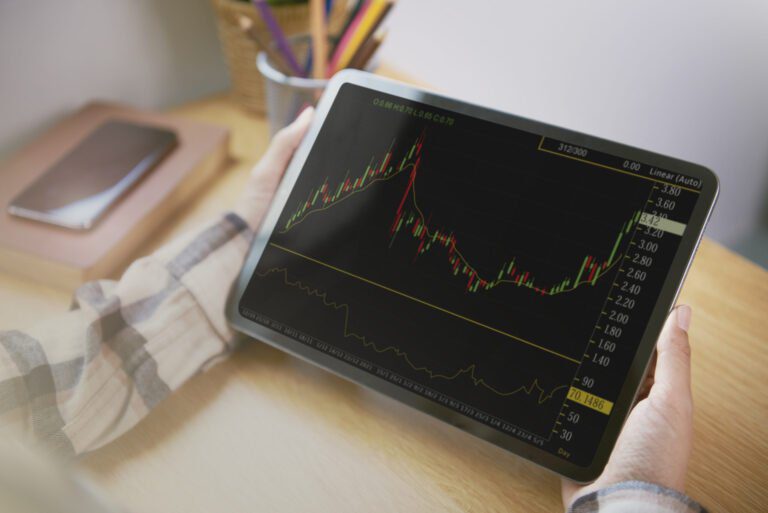The Federal Open Market Committee (FOMC) is the monetary policymaking body of the Federal Reserve System. The FOMC is composed of 12 members–the seven members of the Board of Governors and five of the 12 Reserve Bank presidents. The Board chair serves as the Chair of the FOMC; the president of the Federal Reserve Bank of New York is a permanent member of the Committee and serves as the Vice Chairman of the Committee. The presidents of the other Reserve Banks fill the remaining four voting positions on the FOMC on a rotating basis. All the Reserve Bank presidents, including those who are not voting members, attend FOMC meetings, participate in the discussions, and contribute to the assessment of the economy and policy options.
How does the FOMC Affect the currency markets?
The FOMC meeting minutes adjust the interest rates regarding future monetary policy decisions and oversees open market operations. Federal Open Market Committee (FOMC) discusses whether to change or maintain the current policy. Traders are on the lookout whether the Federal Reserve has maintained, increased, or decreased the interest rate. The main task of the body is to fix the overnight borrowing rate as it sets the lending rates in the United States. Through this mechanism, FOMC keeps inflation within the target range to achieve stable economic growth.
By law, the Federal Reserve conducts monetary policy to achieve its macroeconomic objectives of maximum employment and stable prices. Usually, the FOMC conducts policy by adjusting the level of short-term interest rates in response to changes in the economic outlook. Since 2008, the FOMC has also used large-scale purchases of Treasury securities and securities that were issued or guaranteed by federal agencies as a policy tool to lower longer term interest rates and thereby improve financial conditions and so support the economic recovery.
Kamran Wadud | Financial Markets Trader & Mentor



